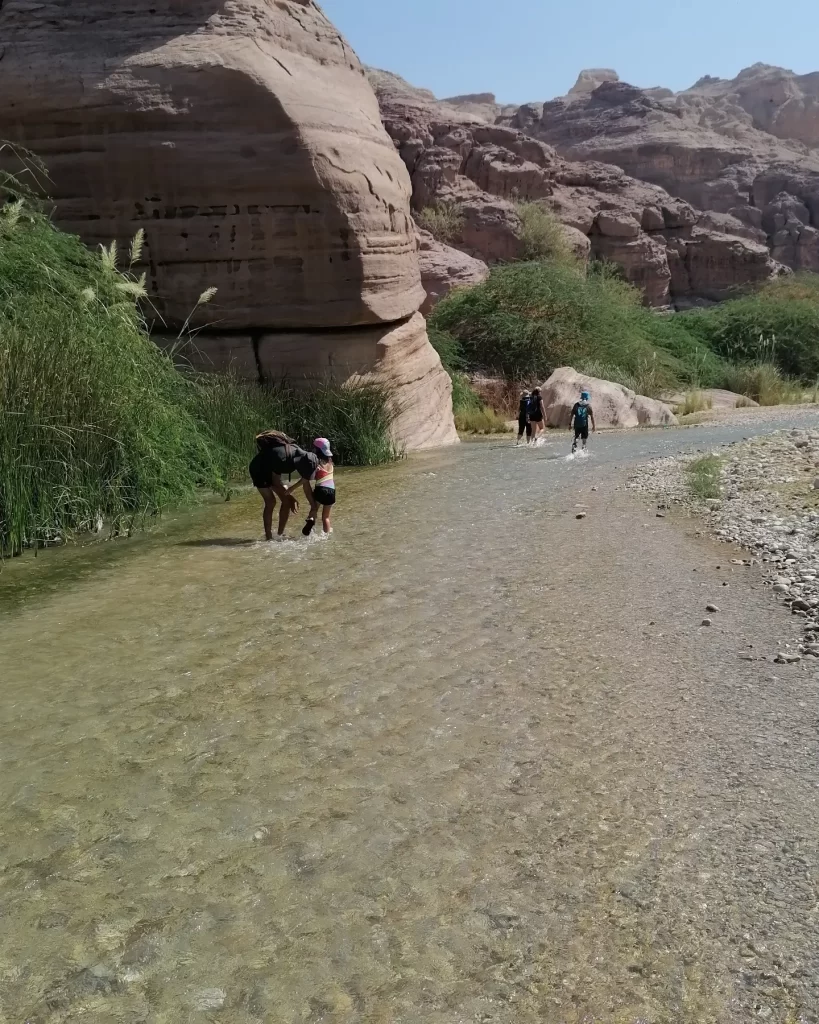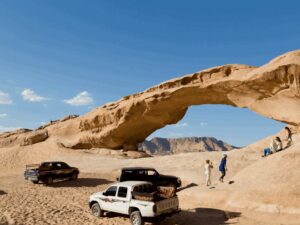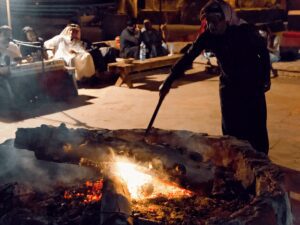Field trips are an important part of learning. They give students a chance to explore the world outside of the classroom and learn by doing. A field trip is a journey to a special place, like a museum or a nature reserve, to see things in real life and connect what they’ve learned in class to the real world. The name “field trip” comes from the idea of going out into the field, away from regular lessons, to see things in practice.
During a field trip, students might visit museums, historical sites, or nature areas. They might meet experts, conduct experiments, or take notes to learn more hands-on. Field trips help students understand what they’re learning better, work as a team, and discover new interests. In the end, field trips make learning more exciting and help prepare students for the future.








